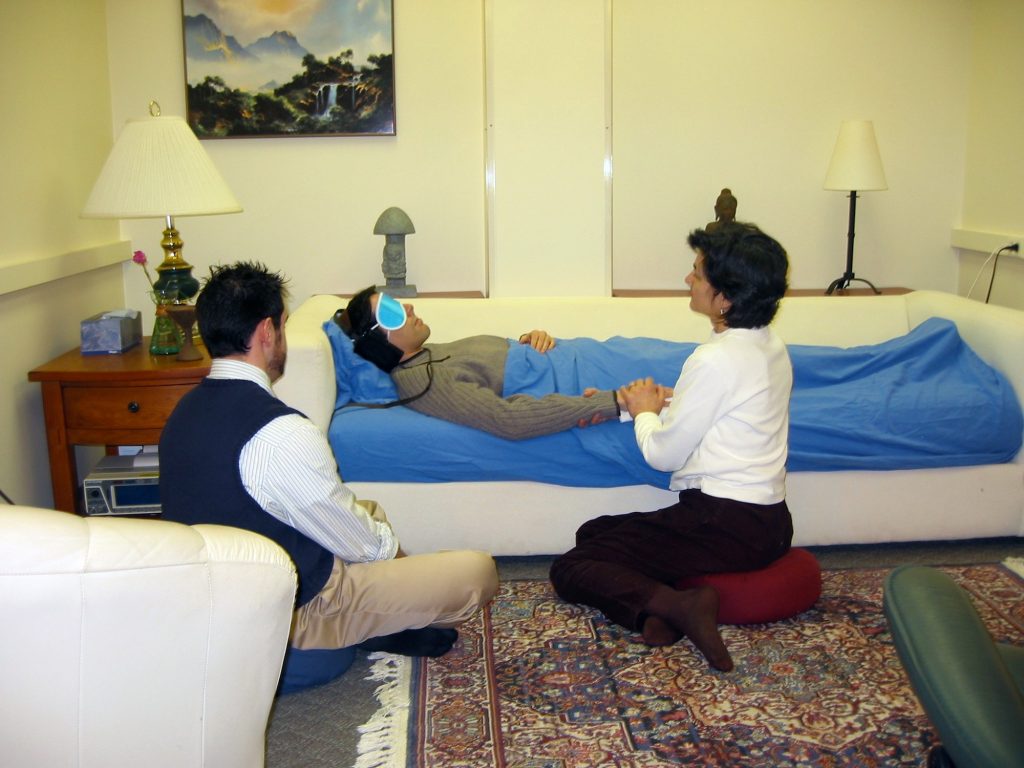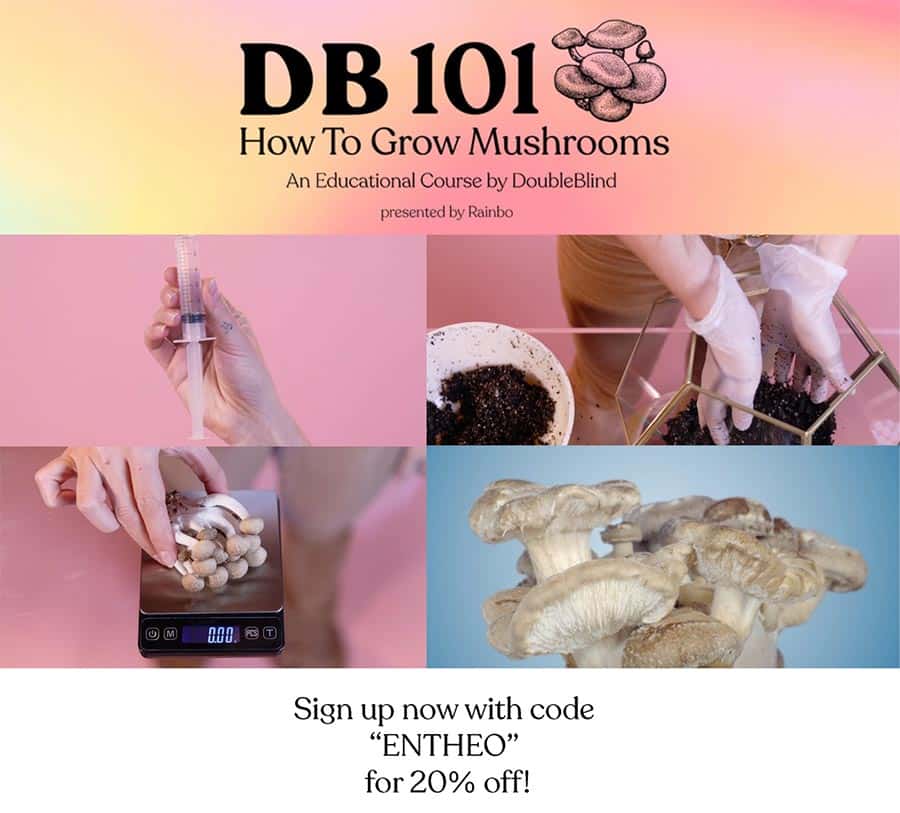Can Magic Mushrooms Treat Depression?

The world is full of the stories of people who have found relief from depression and other mental health conditions with the help of magic mushrooms. The intense psychedelic experience that psilocybin-containing mushrooms can induce can help people gain a fresh perspective on their lives, and you can find thousands of accounts of people who have used magic mushrooms to overcome their greatest barriers.
But depression is a serious illness, and any claim that a substance (and especially a natural one) could treat it should be examined mindfully.
Thankfully, scientific research is now starting to validate the power of magic mushrooms in treating depression. Researchers and clinicians have begun investigating the ancient fungi that indigenous groups have been using for millennia – with the goal of someday integrating these plant medicines into modern medicine and society.
Clinical Research on Magic Mushrooms
Several universities in the U.S. and Europe have conducted clinical research studies on the potential of magic mushrooms to treat depression.
Johns Hopkins University carried out a study on 51 terminal cancer patients who were suffering from depression related to their conditions. After a single high dose of psilocybin, over 80% of participants showed “clinically significant” decreases in depressed mood and anxiety, with about 60% showing symptom remission so significant that they could be considered depression-free. Six months later, these effects had remained stable.
Not only that, but 83% reported increases in well-being or life satisfaction, and 67% of participants reported the experience as one of the top five meaningful experiences in their lives.
“The most interesting and remarkable finding is that a single dose of psilocybin, which lasts four to six hours, produced enduring decreases in depression and anxiety symptoms, and this may represent a fascinating new model for treating some psychiatric conditions,” says Roland Griffiths, professor of behavioral biology and the lead author of this study.
The NYU School of Medicine also carried out a similar study with 29 patients who were suffering from depression related to their terminal cancer diagnoses. They were given a single high dose of psilocybin, along with a session of therapy. In this study, their patients also showed a greater than 80% response to the treatment, with 80% remission that stayed at that level even six months following the treatment.
Imperial College London completed the first ever study on severely depressed patients, giving two doses of psilocybin to 12 depressed individuals, and showed significant reductions in symptoms of depression for over three months.
This led Imperial College London to undertake a larger, more controlled study on 20 patients with severe depression, giving them two high doses of psilocybin in the presence of trained psychologists. They saw reductions in depression that lasted at least six months, with patients describing the experience as highly spiritual and meaningful.
Traditional and Modern Therapeutic Approaches
Despite these promising results, the Johns Hopkins University School of Medicine stated: “We do not recommend the use of the compound (psilocybin) outside of such a research-focused or patient care setting.”
But magic mushrooms have been administered in non-clinical settings for millennia. Whether it’s the sufferer of treatment-resistant depression who takes mushrooms with a sober sitter in their bedroom, or a member of an indigenous group taking part in a mushroom ceremony observed by a shaman, psilocybin mushrooms have still managed to impart their healing benefits outside of the laboratory.
Let’s not forget the authentic, traditional, indigenous curandera, Doña Maria Sabina and her all night ‘Velada.’ Let’s honor her ancient traditional model as equal to that of the clinical model. Let’s recognize that the therapeutic/clinical model is a marriage of ancient and modern modalities.
It is a great idea to have clinically trained doctors and monitors, but that model will not work for everyone. Some people want to experience the traditional setting that doctors and their clinics cannot facilitate. There are a lot of qualified practitioners that can indeed facilitate a traditional style mushroom journey. On the other hand, some folks might feel more comfortable in a clinical setting, and so it is important to offer both modalities. We should allow people to choose what they feel more comfortable with.
Should you take magic mushrooms to treat depression?
This question is a difficult one, and unfortunately it’s almost impossible to answer.
Magic mushrooms have not been approved by mainstream medicine, and it’s possible there are different treatments out there that would work better for you.
If in doubt, always listen to your primary healthcare provider first, and try other treatment avenues. Regardless, people suffering from depression should not drop their other treatments and place all their hopes on magic mushrooms.
The ideal magic mushroom treatment for depression would involve a large support network of therapists, psychologists and care-givers. Stopping your SSRI medication, leaving your therapy behind, and taking a single large dose of mushrooms without any support may not help you.
Please also bear in mind that mushrooms are not right for everyone, and there may be other natural medicines that could be more suited to your needs. Some people might do better with frog medicine (Kambo), toad medicine (Bufo), cactus medicine (Peyote/ San Pedro), vine medicine (Ayahuasca), flower medicine (Cannabis/ CBD) or other master plants. Check out our Spiritual Evolution course for a guide to different plant medicines, and hopefully you can find one that is right for you.
It’s always best to educate yourself before making any decisions regarding your health. If you are taking prescription medications, make sure you read about any contraindications that plant medicines may have with your current prescribed medicines. Never quit your prescription medications cold turkey. Always have knowledgeable and supporting people around you, no matter what treatment avenue you decide upon.



What a great article. So much insight and wisdom. I know from personal experiences that I have definitely benefited from my mushroom experience. Depression and cluster headaches, gone!
really liked your article. for me a lot of insight and clarity on somethings that were not quite clear. thank you